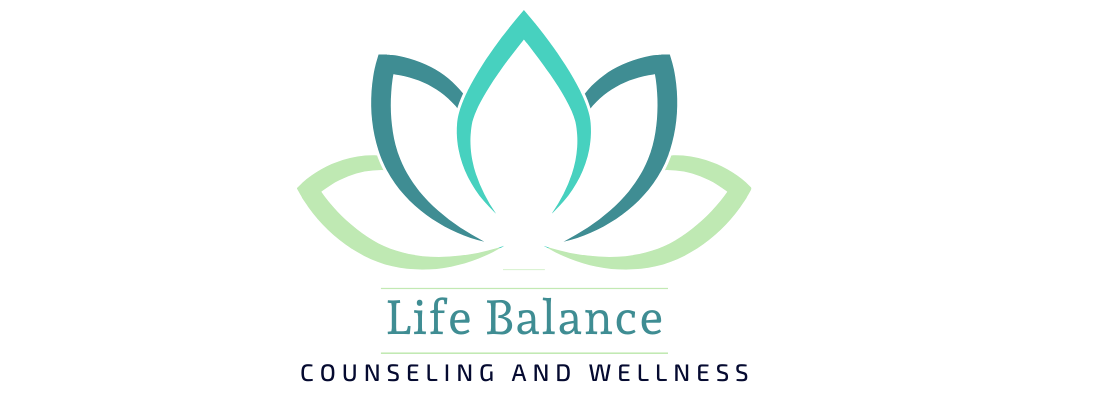By Marlo Torrelli, LPC, NCC
Feeling STUCK in your emotions?
A large part of that feeling can be due to the patterns of mood-congruent behavior we sometimes fall into. “Mood-congruent” is a fancy way of saying “acting like our feelings say we should act.”
If we FEEL sad, we may BEHAVE in predictable ways: isolate ourselves, disconnect from our friends, sleep too much, stop doing the things that used to bring us joy.
If we FEEL angry, we may BEHAVE by yelling or lashing out with words or actions.
Most of us have certain “go-to” responses to our emotions, but these responses often end up making things even harder for us if they happen for a prolonged period of time.
This is where the DBT skill Opposite to Emotion or Opposite Action can be helpful.
Opposite to Emotion asks us to ACT or BEHAVE in a way that is incongruent or opposite to the emotion we are feeling so that we don’t get stuck in an emotional state.
For example, someone who is feeling sad or depressed can commit to engaging in activities like meeting a friend for lunch, walking the dog, or going to yoga class.
They may not “feel” like doing these things, but simply “doing the doing” can often help lift the sadness and be part of a plan of effective coping strategies that, when used together, start to form new patterns in her/ his life.
You may start by asking yourself what some of your go-to responses to emotions are.
Ask, “What do I tend to DO when I FEEL sadness, anger, anxiety, fear, guilt, or shame?”
Then ask, “What might the OPPOSITE of those actions be?”
Be creative. Imagine what you might be DOING if you weren’t FEELING this emotion.
Remember: the goal isn’t to disregard that you’re having a true emotional experience; the goal is to choose actions that work more effectively for your life so that your emotions don’t keep you stuck.

